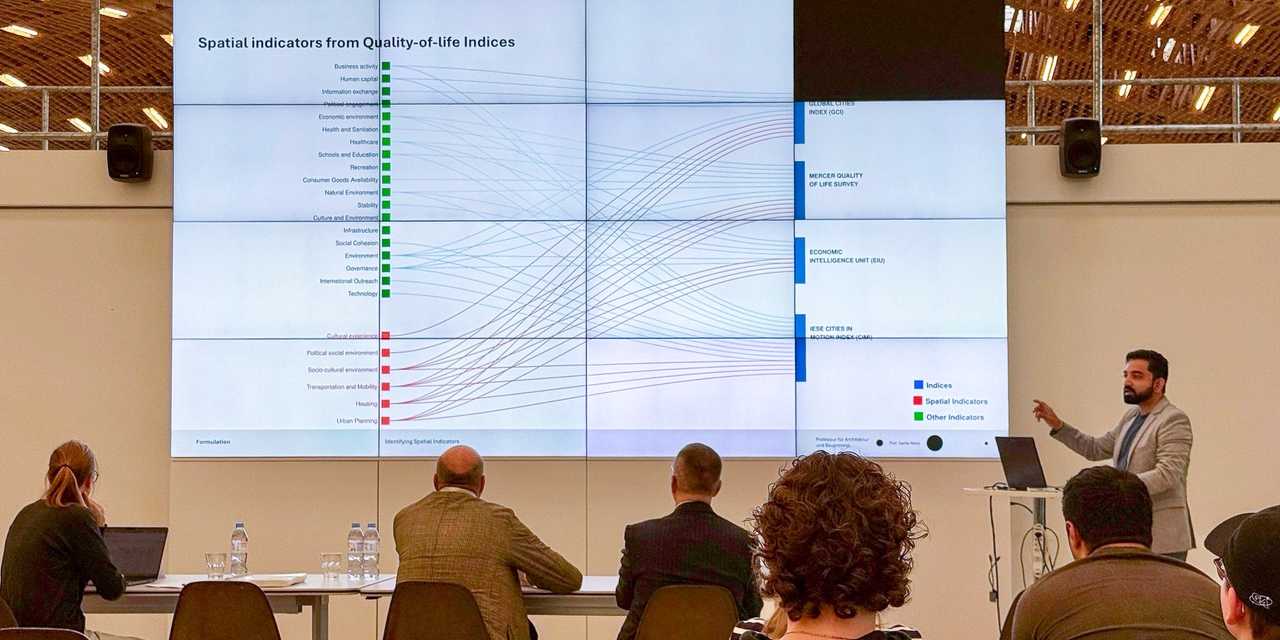
Successful Doctoral Defense – Congratulations to Dr. Mayank Kaushal
We’re happy to share that Mayank Kaushal, A&T ITA Doctoral Fellow at the Chair of Architecture and Building Process, successfully defended his doctoral thesis on 5 May 2025. His research, titled “Towards Development of a Spatial Urban Quality Framework for Second-Tier Cities in Switzerland,” explores new ways to assess and support urban development in smaller Swiss cities. The dissertation was supervised by Prof. Sacha Menz and co-advised by Prof. Dr. Adrienne Grêt-Regamey.
About the Research
Most urban quality indices are designed for big, global cities, focusing on competitiveness, innovation, or sustainability. But second-tier cities – like many in Switzerland – are becoming increasingly important for regional growth and decentralised development. These cities often have different priorities and face unique challenges that aren't well covered by existing tools.
Mayank Kaushal’s dissertation addresses this by developing a Spatial Urban Quality Framework (SUQF) tailored to the context of second-tier Swiss cities. The aim is to provide a practical way to assess and improve spatial quality – not just through generic benchmarks, but through locally grounded and stakeholder-informed approaches.
The project focuses on three main goals:
- Identifying relevant indicators of spatial urban quality, based on existing indices but adapted to the Swiss context
- Building methods that include local input using tools from decision science (like MCDA)
- Integrating the framework into actual planning practice, so it can support design decisions, policies, and development strategies.
How It Works
The SUQF combines both qualitative and quantitative approaches. It uses stakeholder feedback to understand local priorities, and backs this up with spatial data analysis.
The methods include:
- Multi-Criteria Decision Analysis (MCDA) using the Value Decisions App
- Spatial analysis with R, QGIS, and ArcGIS Urban
The framework was tested in three Swiss cities, where spatial models were developed using multi-layered geodata. The result is a set of methods that can be scaled and adapted — not just for analysis, but to directly inform planning processes.
Why It Matters
This research offers a more grounded alternative to traditional urban indices. Instead of focusing on rankings or abstract metrics, the SUQF helps planners and decision-makers evaluate urban quality in a way that fits the local context, includes diverse perspectives, and supports real-world planning tasks.
The approach is open-ended and adaptable, offering a base for further research or practical use in Switzerland and beyond.